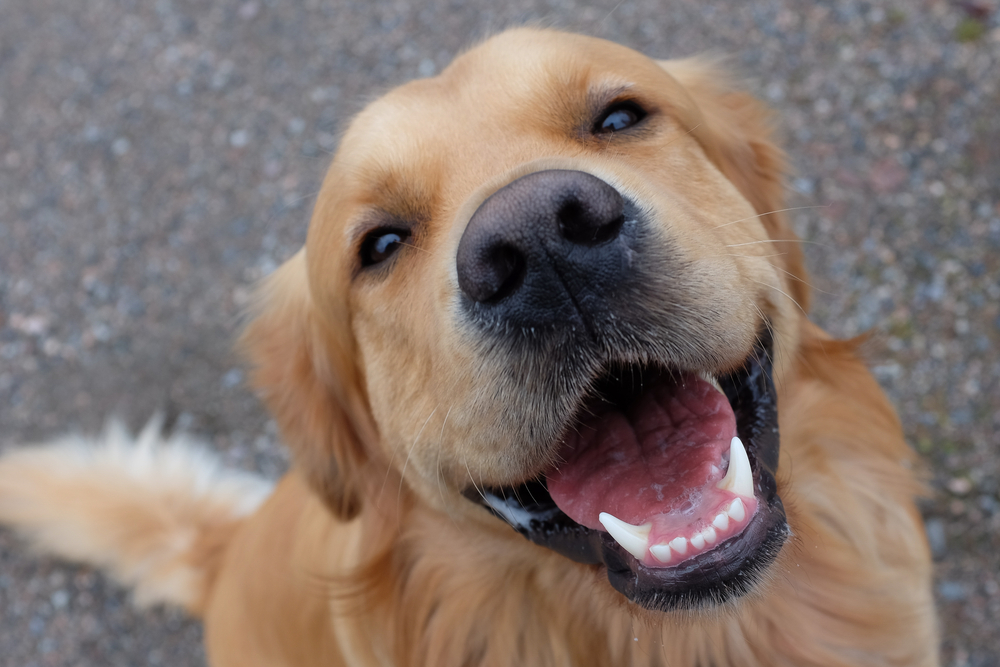Tips for Cleaner Pet Teeth

Maintaining your pet’s oral hygiene is a crucial aspect of overall pet health. Just like humans, pets require regular dental care to prevent issues like plaque buildup, gum disease, and tooth decay. Neglecting pet teeth cleaning can lead to serious health problems, including infections that can affect the heart, liver, and kidneys. Many pet owners underestimate the importance of oral hygiene, but a consistent routine can ensure a healthier and happier life for your furry companion. Below are some essential tips to keep your pet’s teeth in pristine condition.
The Importance of Regular Brushing
Brushing your pet’s teeth is the most effective way to prevent dental disease. It helps remove plaque and food debris before they harden into tartar, which can lead to painful infections. It is best to start brushing your pet’s teeth early in their life so they become accustomed to the process. Use a pet-friendly toothbrush with soft bristles and specially formulated pet toothpaste, as human toothpaste contains harmful ingredients like xylitol that can be toxic to pets.
Begin by letting your pet taste the toothpaste and gradually introduce the toothbrush. Gently brush in circular motions along the gum line, focusing on the outer surfaces of the teeth where plaque accumulates the most. Brushing at least three times a week can significantly improve pet health, but daily brushing is ideal. If your pet resists, patience and positive reinforcement with treats or praise can make the experience more enjoyable for both of you.
Choosing the Right Dental Chews and Toys
If brushing your pet’s teeth is challenging, dental chews and toys can be a great alternative. These products are designed to help clean pet teeth by scraping away plaque and tartar buildup while also massaging the gums. Many dental chews contain ingredients that fight bacteria and freshen breath, making them an excellent addition to your pet’s oral care routine.
When selecting dental chews, opt for veterinarian-approved options that are appropriate for your pet’s size and breed. Hard bones or antlers can sometimes cause tooth fractures, so it is best to choose softer, digestible chews. Additionally, rubber chew toys with textured surfaces can encourage chewing while promoting healthier gums. Supervised chewing sessions ensure your pet gets the most out of these beneficial products without the risk of swallowing large pieces.
Professional Dental Cleanings and Veterinary Care
Even with a diligent home care routine, professional dental cleanings are necessary for maintaining optimal pet health. Veterinarians use specialized tools to remove tartar and plaque that cannot be eliminated with brushing alone. These cleanings also allow for a thorough examination of the mouth to detect early signs of dental disease, infections, or other oral health issues.
A professional pet teeth cleaning typically requires anesthesia to ensure your pet remains still and stress-free during the procedure. While some pet owners may worry about anesthesia, modern veterinary practices prioritize safety through pre-anesthetic screenings and careful monitoring. Most pets recover quickly from these procedures, and the long-term benefits far outweigh the temporary discomfort. Depending on your pet’s needs, professional cleanings may be recommended once a year or more frequently for breeds prone to dental problems.
Diet and Nutrition for Healthy Teeth
A well-balanced diet plays a crucial role in maintaining clean pet teeth. Some pet foods are specially formulated to promote dental health by reducing plaque and tartar accumulation. Dry kibble, for example, can be more effective in scraping plaque off teeth compared to wet food, which tends to stick to the teeth and gums.
There are also prescription dental diets available that contain ingredients designed to improve oral health. These diets use larger kibble pieces to encourage chewing, as well as special coatings that help prevent bacterial growth. Providing your pet with crunchy vegetables like carrots or apples in moderation can also aid in cleaning their teeth naturally. Ensuring your pet has access to fresh water at all times helps rinse away food particles and bacteria that contribute to bad breath and dental disease.
Recognizing Signs of Dental Problems
Despite your best efforts, pets can still develop dental issues that require veterinary attention. Recognizing the early signs of dental disease can help prevent severe complications. If your pet has persistent bad breath, difficulty eating, excessive drooling, or red and swollen gums, it may be time for a dental checkup. Other warning signs include loose or missing teeth, pawing at the mouth, and visible tartar buildup.
Untreated dental problems can lead to pain, infections, and even organ damage as bacteria from the mouth enter the bloodstream. Regular dental exams help catch issues early, making treatment easier and less invasive. By staying proactive about pet teeth cleaning and addressing problems promptly, you can ensure your pet enjoys a lifetime of strong, healthy teeth.
Conclusion
Incorporating a consistent oral hygiene routine into your pet’s daily care can significantly enhance their overall health and well-being. From brushing and dental chews to professional cleanings and proper nutrition, there are many ways to keep your pet’s teeth in top condition. By prioritizing their dental health, you can prevent painful conditions and give your beloved companion a happier, healthier life.
Need a Small Animal Hospital in Pauls Valley, OK?
At Williamsburg Small Animal Hospital, we are dedicated to ensuring the well-being of your pets, especially during the scorching summer months. If you have any concerns about keeping your furry friends safe and healthy in the heat, don’t hesitate to reach out to us. Our team of experienced veterinarians is here to provide you with personalized advice and top-notch care. Contact us today to schedule an appointment or to learn more about our services. Let’s work together to keep your pets safe and happy all summer long!
